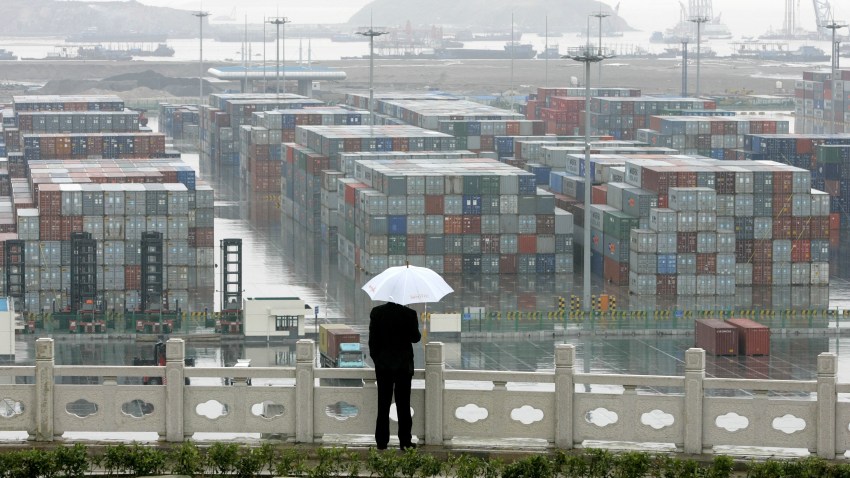After the March meeting of China’s National People’s Congress, when it became clear that President Xi Jinping intended to double down on China’s manufacturing prowess to redirect the country’s economy away from investment in real estate and infrastructure and to boost growth, the consequences of the excess capacity that Xi’s policy will produce has been much in the news.
In critical sectors, such as electric vehicles, this policy shift is leading to a sharp increase in Chinese exports abroad. In many markets, Chinese EVs have a clear price advantage that is, in part, related to the subsidization of the sector as a core feature of China’s industrial policy. Xi Jinping’s decision to prioritize exports is a repudiation of external and increasingly internal advice from economists and policymakers to boost domestic household consumption through direct support of consumers and workers. In a new report by Rhodium Group, a provider of independent research, the authors predict that this pursuit of industrial policy will exacerbate tensions with China’s trading partners, including the United States and Europe. My column two weeks ago examined how this turn is in fact a signal of domestic weakness and inability or unwillingness to pursue difficult domestic reforms.
Excess capacity has an economic definition. Rhodium defines the “structural overcapacity” afflicting China as occurring when “companies maintain or grow their unused capacity without worrying about making a profit (or a loss), often due to a lack of economic pressure to operate efficiently, like a hard budget constraint.” Much ink will be spilled on that definition of excess capacity as it relates to China’s turn toward advanced manufacturing to keep the economy afloat. As the report notes, China’s recent boom years have yielded waves of overcapacity in different sectors depending on the government’s prioritization at the time.

